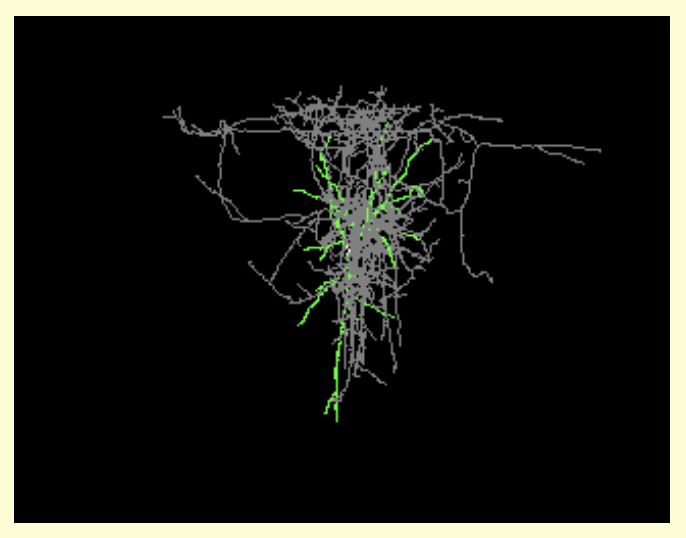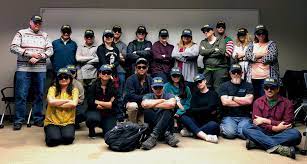URL: http://www.ccdc.cam.ac.uk/Solutions/CSDSystem
Proper Citation: Cambridge Structural Data Base (RRID:SCR_007310)
Description:
It records bibliographic, chemical and crystallographic information for organic molecules and metal-organic compounds whose 3D structures have been determined using X-ray diffraction and neutron diffraction.
The CSD records results of single crystal studies and powder diffraction studies which yield 3D atomic coordinate data for at least all non-H atoms. In some cases the CCDC is unable to obtain coordinates, and incomplete entries are archived to the CSD.
The CSD includes crystal structure data arising from:
* publications in the open literature
* Private Communications to the CSD (via direct data deposition)
The Cambridge Structural Database System (CSDS) is a single product that comprises the following components: The Cambridge Structural Database (CSD); CSDS Software: search and information retrieval (ConQuest), structure visualization (Mercury), statistical analysis of retrieved data (VISTA), and software for database creation (PreQuest); Knowledge bases derived from the CSD: Mogul (intramolecular geometry) and IsoStar (intermolecular interactions, including data from the PDB).
Cambridge Structural Database (CSD) is the world repository of small-molecule crystal structures. For example, the crystal structures supported by the National Institute on Drug Abuse are deposited here.
Abbreviations: CSD
Synonyms: Cambridge Structural Database
Resource Type: software resource, database, data or information resource
Keywords: 3d structure, crystal, crystal studies, csd, metal-organic compounds, neutron diffraction, organic molecules, powder diffraction, x-ray diffraction
Expand Allis listed by |
|
is listed by |
|
is listed by |
|
has parent organization |
We found {{ ctrl2.mentions.total_count }} mentions in open access literature.
We have not found any literature mentions for this resource.
We are searching literature mentions for this resource.
Most recent articles:
{{ mention._source.dc.creators[0].familyName }} {{ mention._source.dc.creators[0].initials }}, et al. ({{ mention._source.dc.publicationYear }}) {{ mention._source.dc.title }} {{ mention._source.dc.publishers[0].name }}, {{ mention._source.dc.publishers[0].volume }}({{ mention._source.dc.publishers[0].issue }}), {{ mention._source.dc.publishers[0].pagination }}. (PMID:{{ mention._id.replace('PMID:', '') }})
A list of researchers who have used the resource and an author search tool
Find mentions based on location

{{ ctrl2.mentions.errors.location }}
A list of researchers who have used the resource and an author search tool. This is available for resources that have literature mentions.
No rating or validation information has been found for Cambridge Structural Data Base.
No alerts have been found for Cambridge Structural Data Base.
Source: SciCrunch Registry





